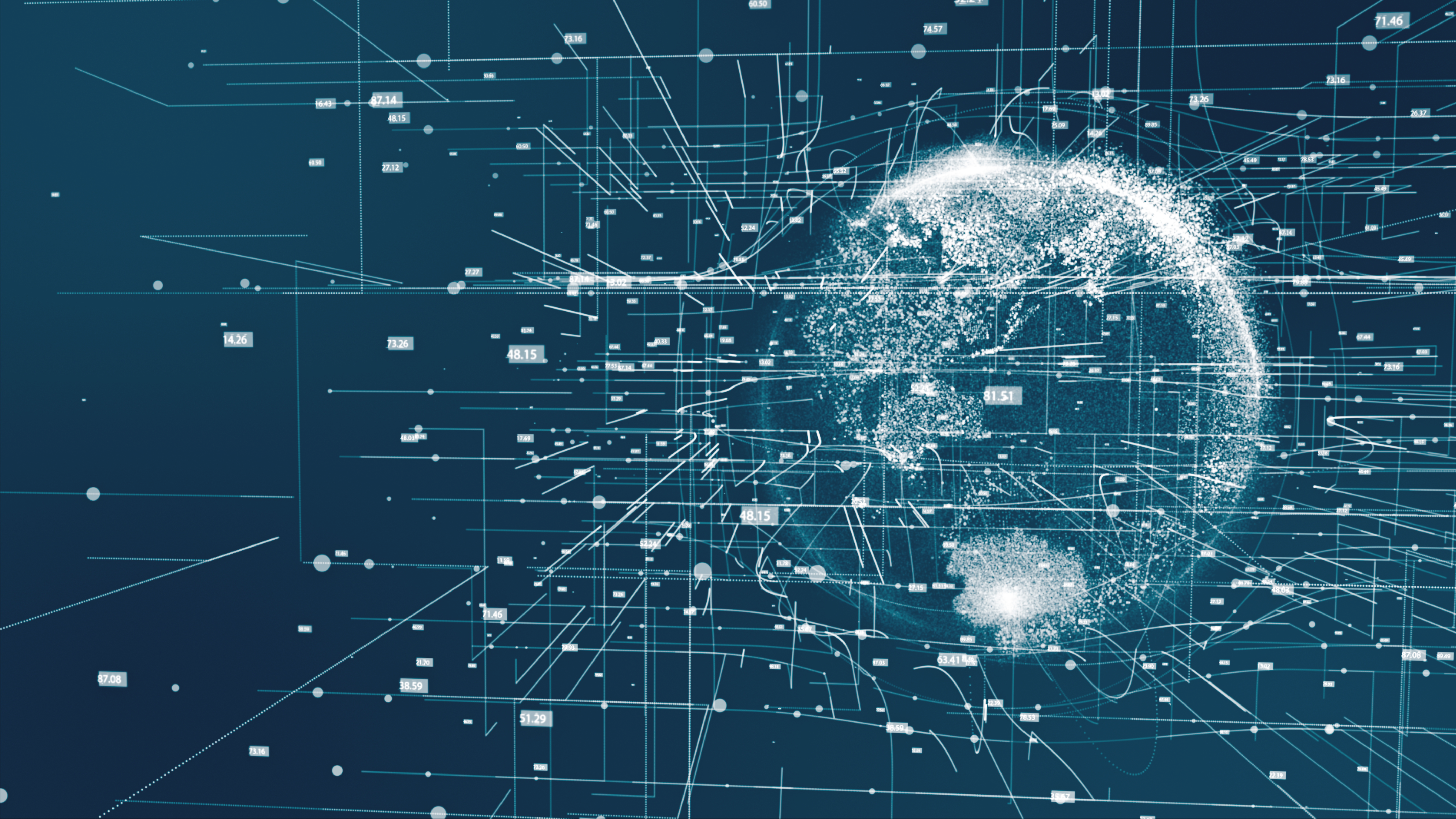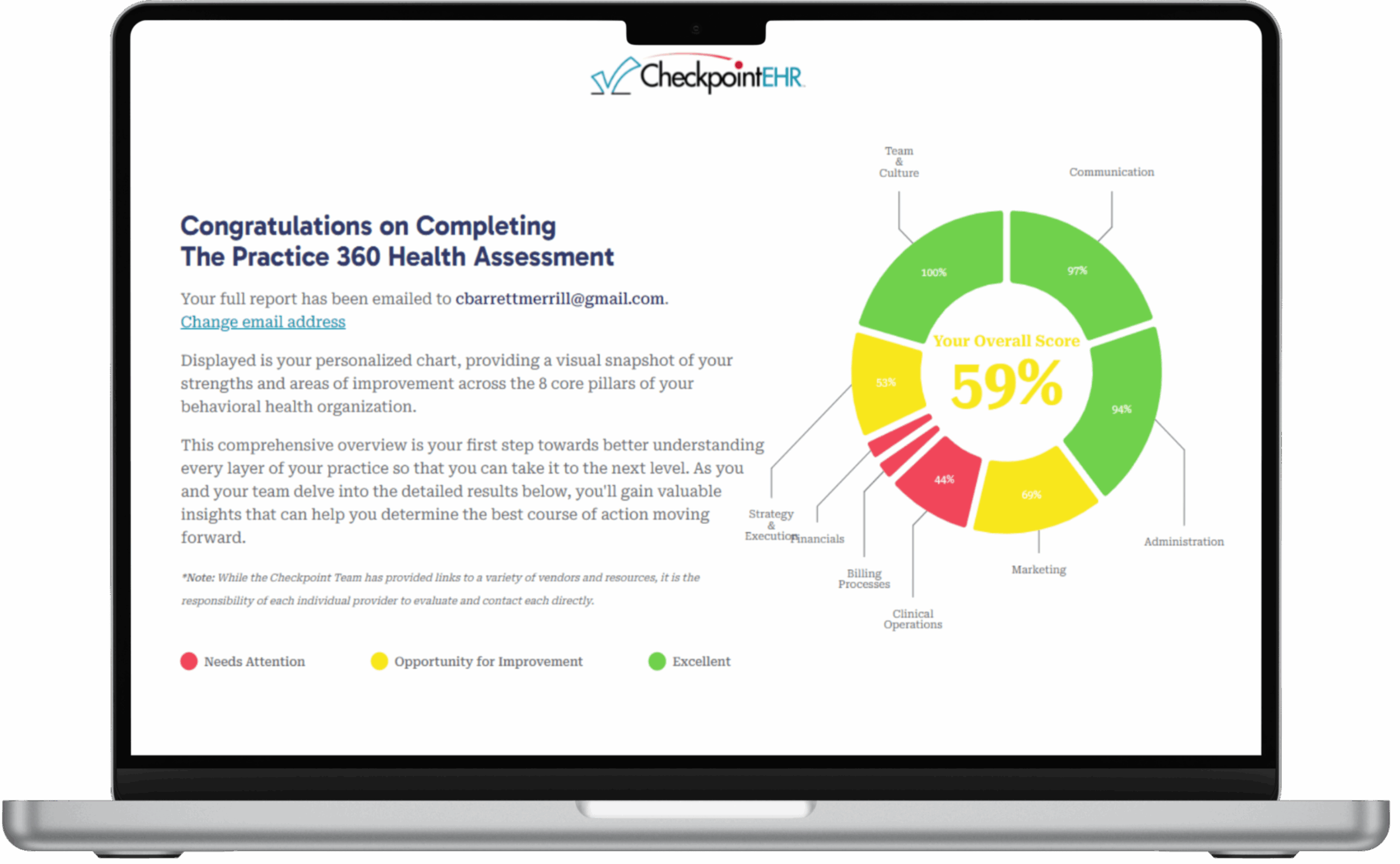AI and Therapy in 2025

Author: Ansley Campbell, LMFT of the Known Collective
Generative AI has taken the world by storm ever since ChatGPT launched to the general public in November of 2022. The increased capability and accessibility of AI tools over the past year alone are staggering.
Along the way, AI has also permeated the field of therapy, much to the chagrin and delight of various therapists. Therapists range from having never used AI in their general life or therapy practice to using it constantly. The amount varies based on several factors, such as demographics, personal experiences, education, and how AI is portrayed in media. Research (as well as my own experience in speaking with therapists) tends to show that younger and more tech-savvy therapists are more open to experimenting with AI tools, while seasoned therapists may be more cautious or skeptical.
Studies show therapists who see the potential of AI state they welcome AI tools that reduce burnout by helping with scheduling, note-taking, billing, or treatment plans. This is, of course, because therapists often dislike the administrative burdens of documentation, and see AI as a solution to help them focus on what they really love – therapy.
Some say that AI is also useful for things like symptom tracking, homework reminders, or mood journaling apps that complement therapy. Additionally, those in favor of tools like AI chatbots say they can be helpful for clients who have limited access to therapy due to cost, stigma, or rural location.
While there are many levels in which AI carries excitement among therapists, there is likewise a strong majority of therapists who believe AI can never replace the healing power of the therapeutic relationship. In other words: the empathy and attunement core to the therapeutic process is simply, in most therapist’s perspective, something that AI cannot replace.
With that, I agree.
I would also add that I don’t believe it can replace the tension that exists within human relationships (specifically therapist-to-client relationships) that are necessary for growth. In many articles I’ve read or trainings I’ve attended on AI, there are big concerns about client data being stored or processed by AI tools, especially if HIPAA compliance isn’t clear. Therapists worry that clients might try to replace therapy with AI apps or bots – tools that aren’t completely equipped to handle trauma, crisis, or complex human emotions. To that concern, there have been varying levels of response from engineers.
Overall, on the data front, there’s simply a fear that AI-driven diagnostic tools could be biased, lack context, or pathologize normal emotions, which has previously shown to be true.
Regardless of your feelings about AI, these innovations are here and its impact on the field of therapy is only going to continue to grow. I strongly encourage therapists to be informed about how AI can impact your job as a therapist – both positively and negatively – as well as how it may impact your client’s lives.
With how widely used it’s becoming, it can be helpful to understand and explore your concerns about AI and the considerations you should make while using it. If you or your team chooses to incorporate AI technology at your practice, it is vital that you ensure its ethical use to prevent jeopardizing yourself or your clients.


